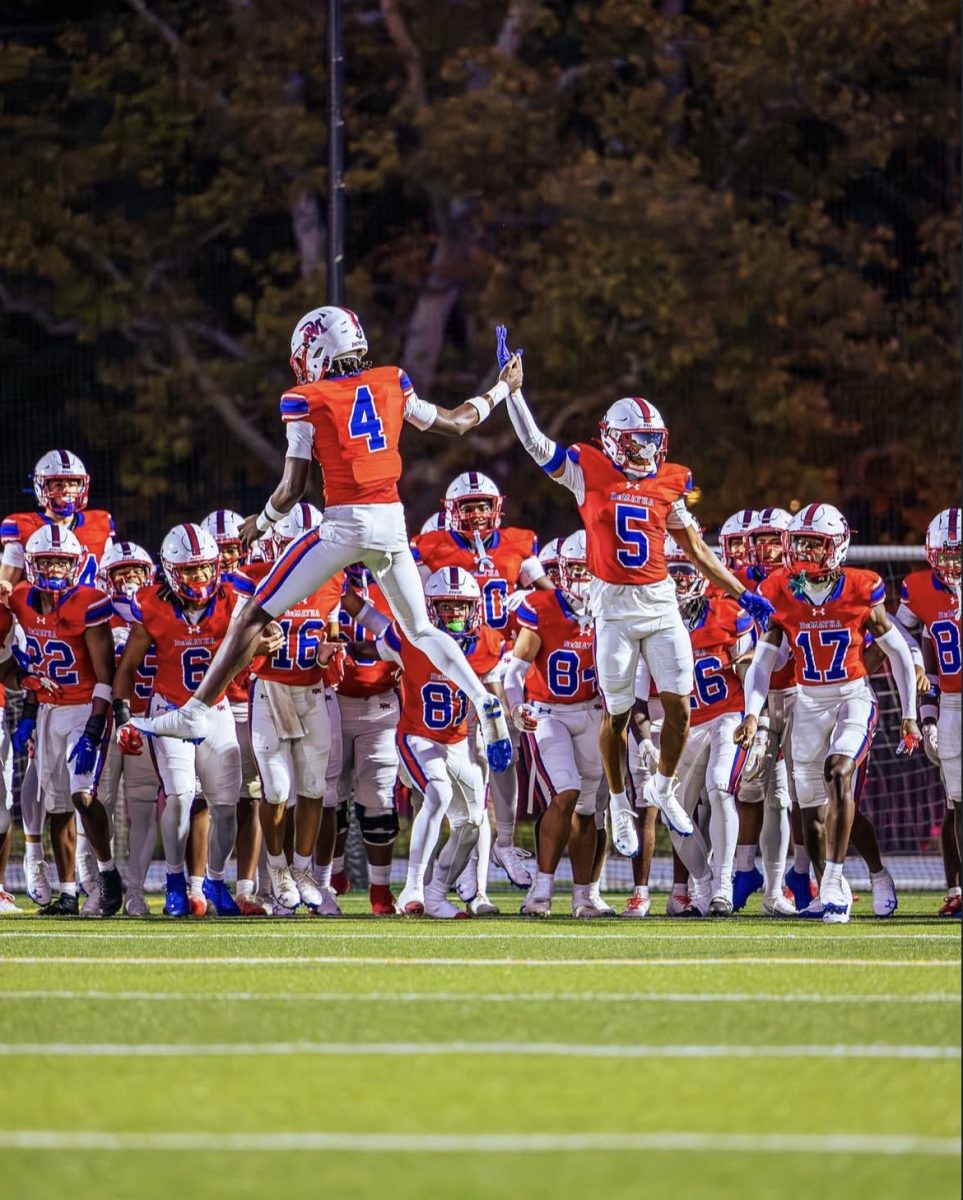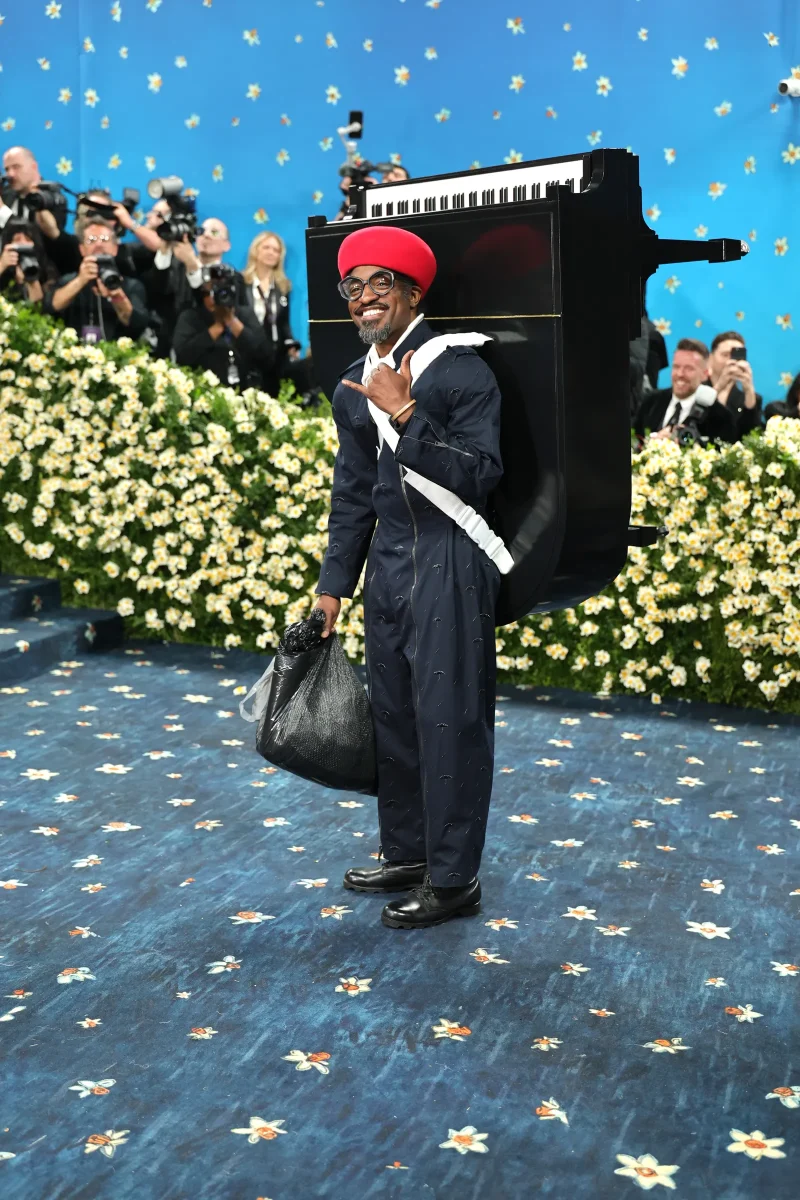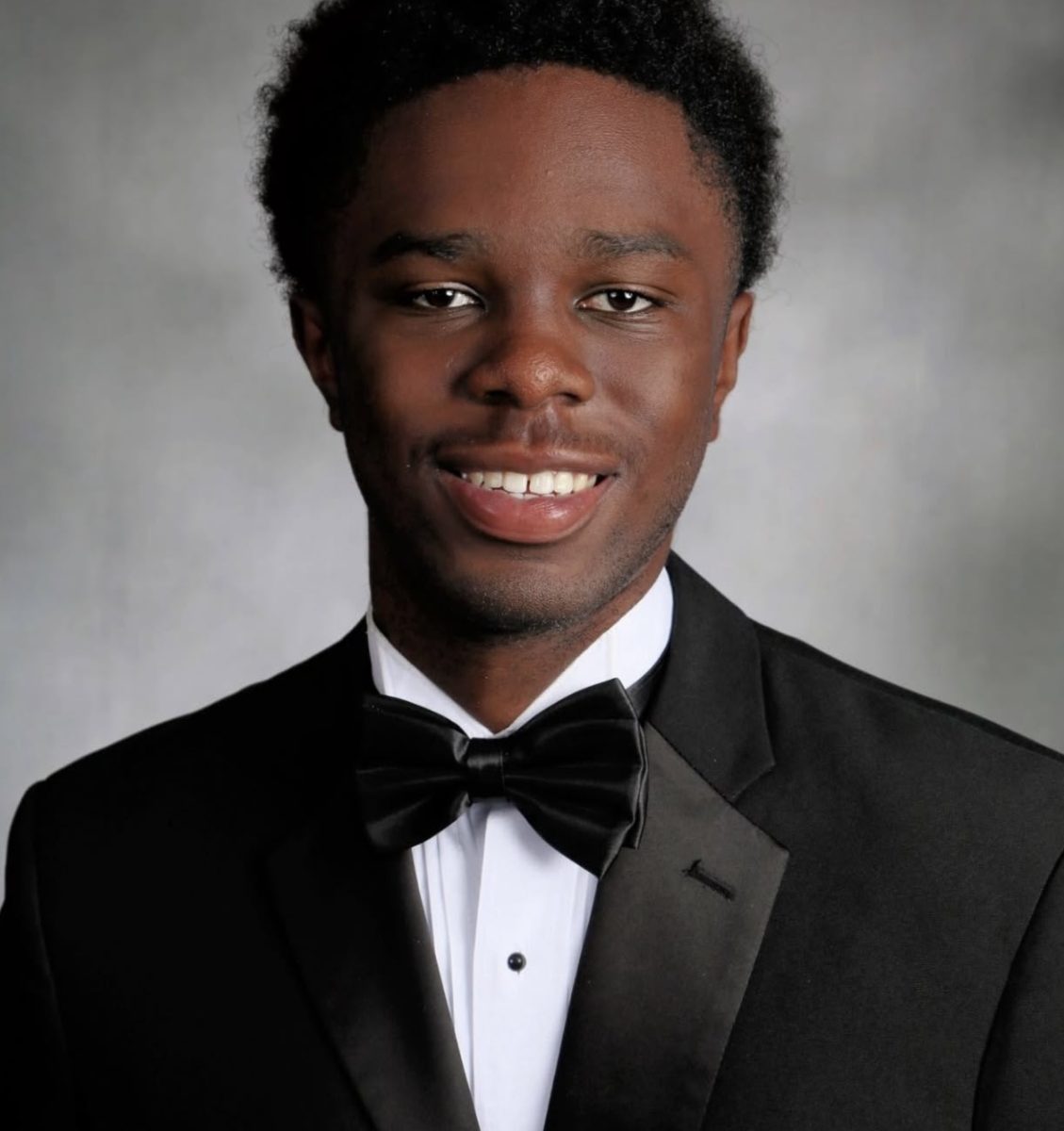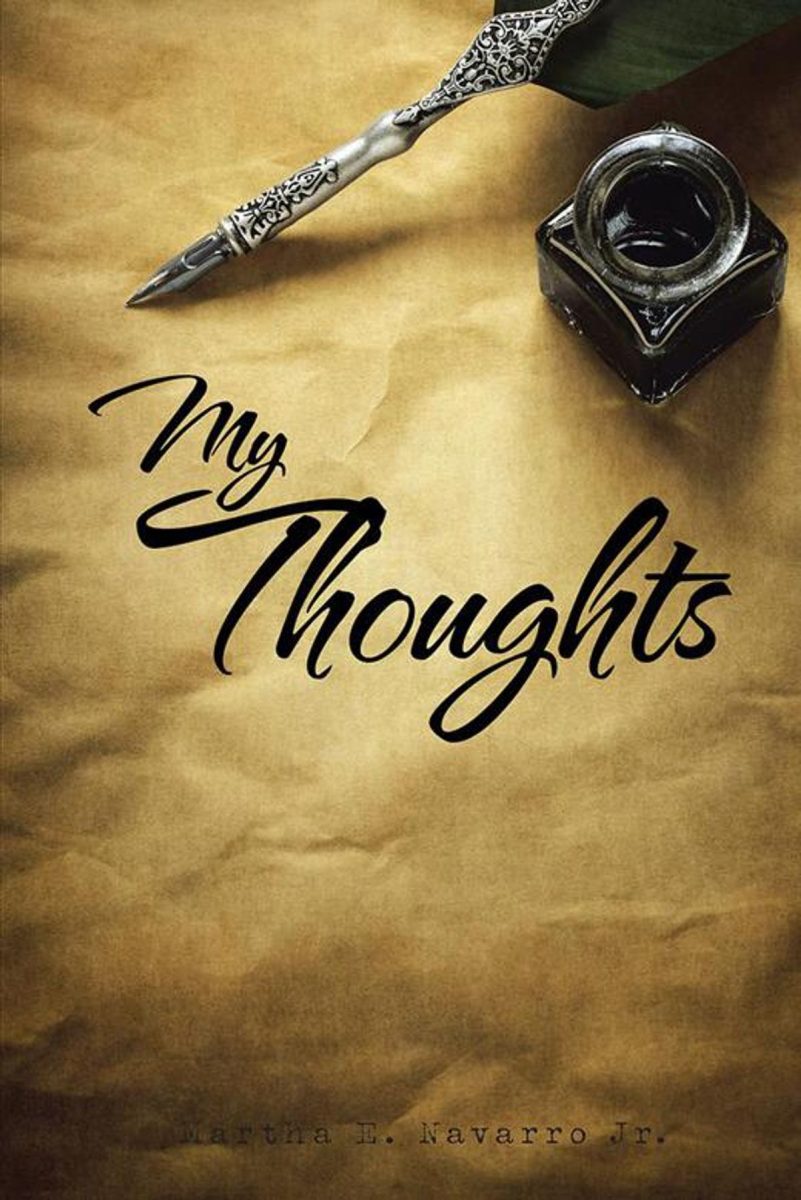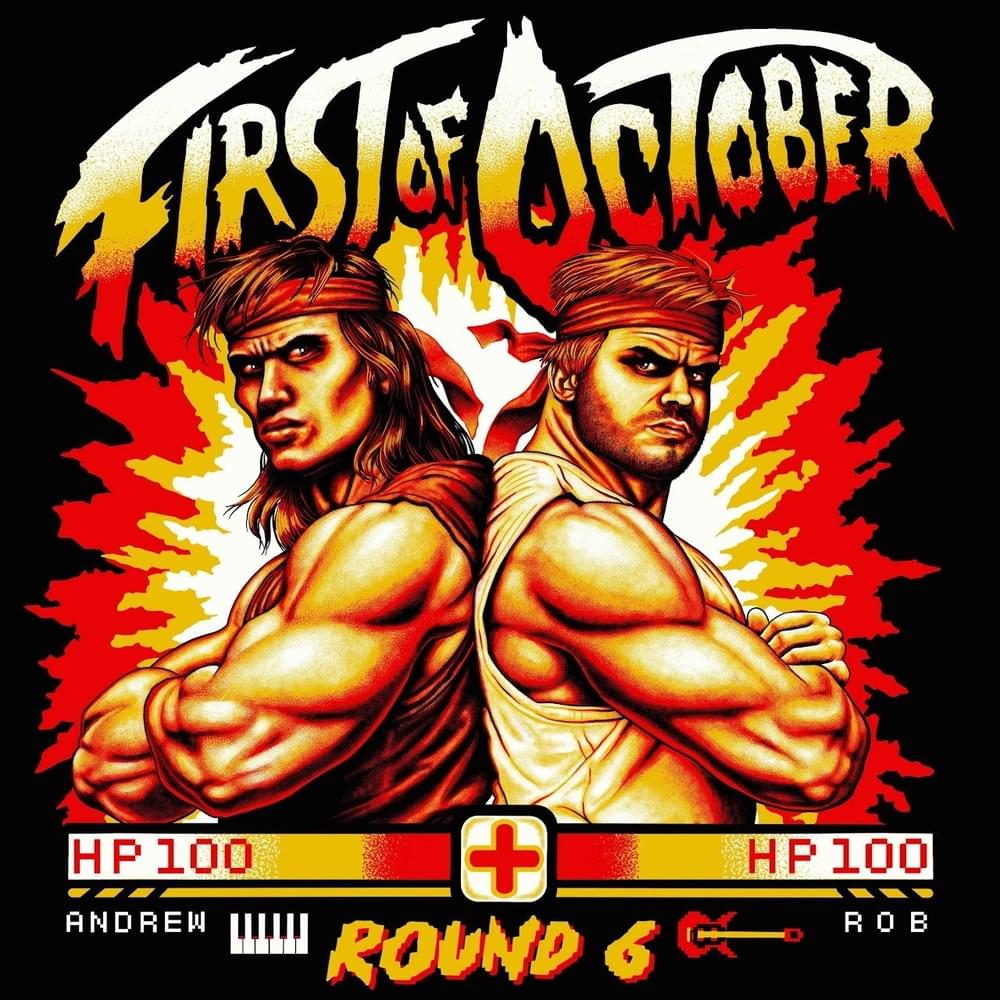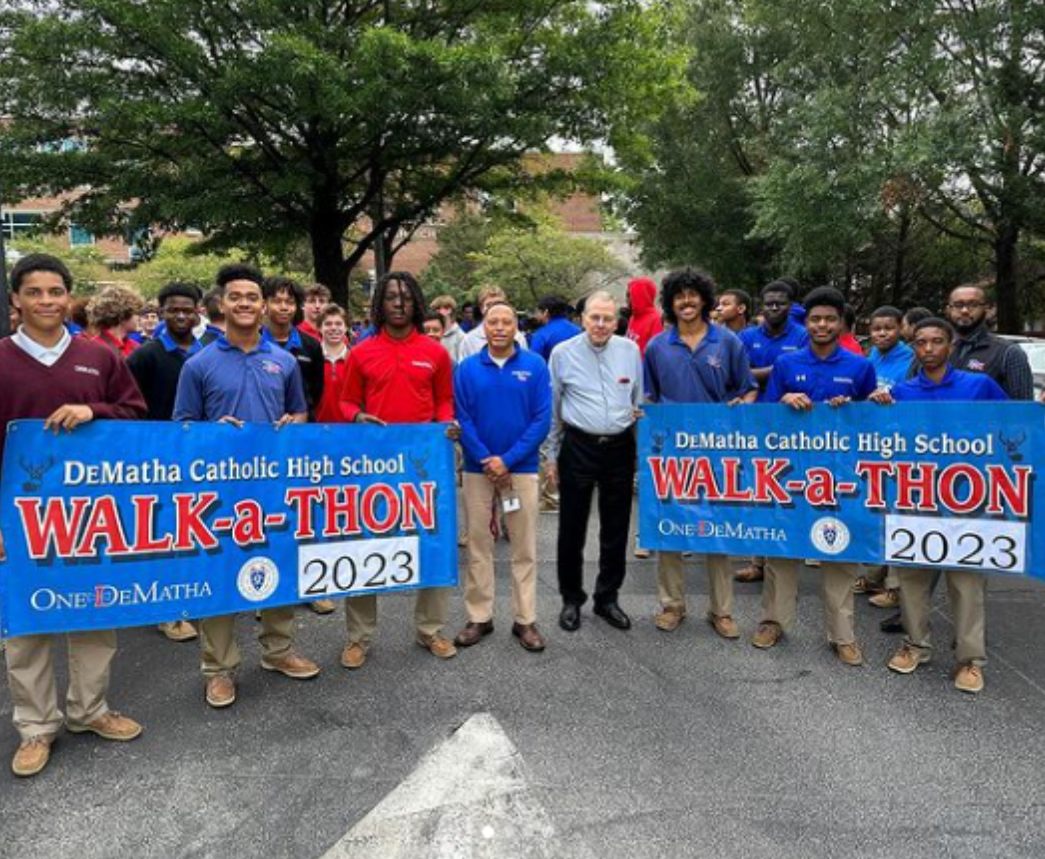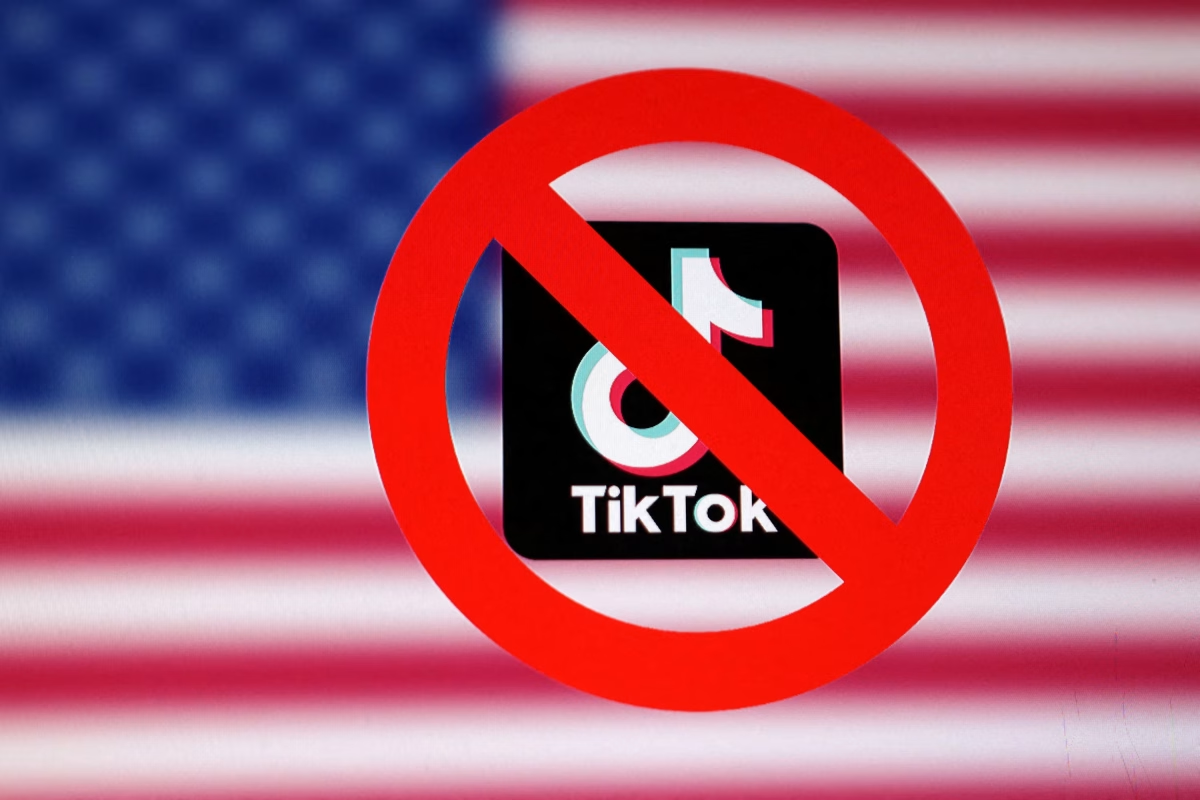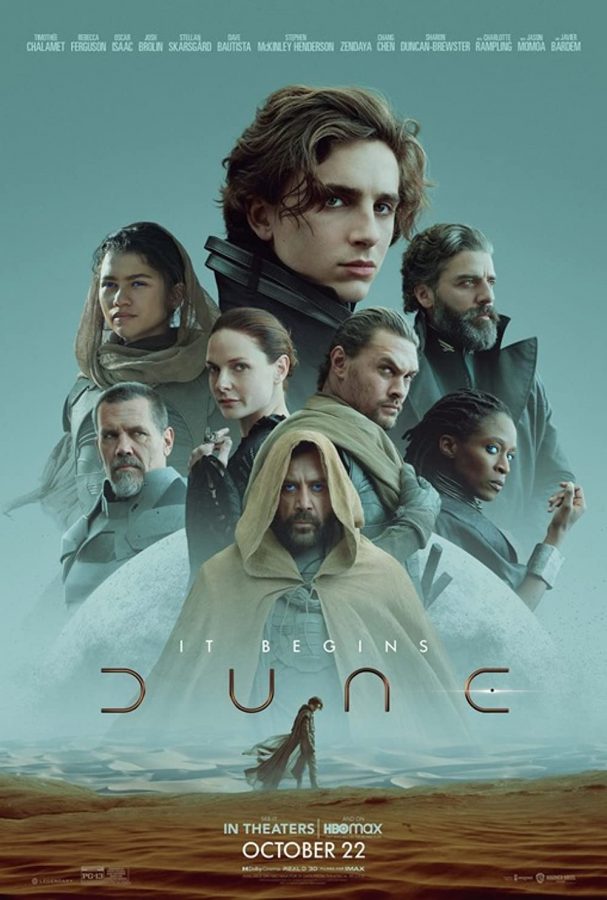The Best Sci-Fi Movie of the Decade? A Review of Dune 2021
December 14, 2021
Frank Herbert’s science fiction epic Dune, one of the defining novels and works of fiction in the modern era, has seen several film adaptations over the years. From Alejandro Jodorowsky’s failed project to David Lynch’s 1984 movie which received a lukewarm reception, there hadn’t been a successful film adaptation to date. And apart from a TV miniseries in the early 2000s, Herbert’s most famous work hasn’t seen the silver screen in almost 40 years.
This all changed in 2017, when acclaimed director Denis Villenueve, of Sicario and Arrival fame, signed on to head a new take on the book. The new movie, simply titled Dune: Part 1, stars Timothee Chalamet, Oscar Isaacs, Rebecca Ferguson, Jason Momoa, Stellan Skarsgard, and Zendaya. Villenueve’s film, in contrast to Lynch’s, is only a part of the story, covering roughly a quarter of the original Dune novel. Many have praised it for its acting, cinematography, visual effects, themes, and soundtrack, and I would like to explain my own opinion on the film: what it did right, what it did wrong, and everything in between.
Let’s start off with the positives, which are many. The film is beautiful, not only with the special effects but with the cinematography. The shots are very grounded and flow well between scenes. Villeneuve and his cinematographer for Dune, Greg Fraiser, have a really good understanding of framing shots properly and it shows. The usage of natural light and using distinct colors to distinguish different characters and settings is well done. For example, scenes portraying the villains of the movie, the Harkonnens, have a darker color palette to show their more industrial and shady roots while scenes on the desert planet of Arrakis have a more soft, earthy feel to them.
Speaking of the lighting, instead of going for artificial lighting added in post-production, Villeneueve opted to use real lighting on sets. The light of explosions casted on Josh Brolin’s character Gurney Halleck’s face were all real, not edited in, unlike the explosions themselves. This makes the light react to the surroundings in a way that looks realistic. Villenueve’s previous film, Blade Runner 2049, uses colors and framing brilliantly, as well, which goes to show his experience and talent when it comes to such things.
Going from the special effects to the practical ones, they go hand in hand with each other. Most of the costumes and sets were practical, and were made wonderfully by the companies FBFX, WRKSHP, Movieset and Ironhead FX. Apart from a couple of costumes, all of the clothing and armor in the film look brilliant and fit the world well. The sets, also, are aesthetically magnificent. They give off a feeling of grandness and a sense of character which is near unmatched in other movies of the genre.
The visual effects, done by Wylie VFX and Rodeo FX, pair well with the practical ones. There were times when the ships, creatures, and environments created by the VFX teams looked almost real to me. The use of sand screens, as opposed to bluescreens, when constructing the visual effects, made the effects even better. Sand screens give off a more earthy and brown light, instead of a more artificial blue light from the bluescreens, which make the effects fit in more. Overall, the film was extremely aesthetically pleasing, from both the cinematography and effects standpoint.
Now to the acting, which was a very important part in making the film work. In the novel, many of the characters have multiple intentions and often go into internal monologues to explain them. With the monologues absent in the film, the actors now had to express those feelings in other ways. I think they succeeded in this manner, with there being no bad performances at all in the entire movie. The film has one of the best ensemble casts in recent years, with even minor characters being portrayed by big names. An example of this is the character of the Beast Rabban who, while not an unimportant character, has little impact on the plot as a whole. Still, he was portrayed by Dave Bautista, a fantastic actor. This goes to show how talented the cast was as a whole.
Especially impressive were Chalamet’s portrayal of Paul Atreides and Stellan Skarsgard’s performance as Baron Harkonnen. Chalamet brings a good charisma to the character, along with showing Paul’s fear of the future and his duties well. Skarsgard, as the plotting Baron Harkonnen, doesn’t get as many chances to show off the character’s more intelligent side, like in the book, but he shows the Baron’s threatening nature very well. This isn’t to say that the other performances aren’t good. Oscar Isaac’s portrayal of Duke Leto is my favorite in the movie, with Isaac’s Leto bringing the right balance of calm charisma and his sense of duty. The great writing, except for a few lines, really helps with bringing it all together. All in all, the acting was some of the best I’ve seen in 2021.
There are many other positives that would take a long time to go into in depth, like the amazing soundtrack by Hans Zimmer, the story staying true to the book for the most part, the sense of scale, and much more. However, no movie is without flaws, and there are definitely some in Dune. While some may not see it as a flaw, the movie can be somewhat tedious to watch at times. It takes some time to get to the planet of Arrakis, where most of the story is set, and even then, there are long scenes of discussions between characters on the planet.
The climax of the movie comes more than halfway through its 2 hour and 35 minute runtime, which is already enough to turn some movie goers off. The intricate plot, which features a copious amount of backhanded deals, shifty negotiations, and ulterior motives, can also confuse many. The original Dune film from 1984 had this problem, and they even had to hand out informational pamphlets before the start so people could have a basic understanding of the story. The film also ends quite abruptly, cutting off when it should’ve ended around 10 minutes earlier. This isn’t necessarily a negative thing, though, as the book is just as, if not more, complicated.
For what it’s worth, I think Villeneuve and his writing team, featuring Jon Spaiths and Eric Roth, did a good job compressing the complicated story down into a somewhat understandable plot. The casual movie goer might have a problem with it, but if you pay enough attention, it shouldn’t be a huge issue. Hopefully the second part will fix most, if not all, of these issues.
Despite these issues, audiences seemed to like Dune very much. Sophomore Anthony Lukban said he enjoyed the fight scenes in the movie, and appreciated how the plot stayed “relatively true to the book series.” Additionally, he said that his favorite characters were Gurney Halleck and Duncan Idaho, members of House Atreides and those portrayed by Josh Brolin and Jason Momoa, respectively. Junior Owen Kramer liked the movie, as well, and thought “it had a lot of beautiful shots and settings.” He praised the soundtrack, as it “set the tone” for him. He did say that the story was somewhat confusing to him, as he hasn’t read the books, but other than that, “no complaints.”
I highly recommend Dune to all fans of cinema, not just science fiction fans either. There are aspects of it, such as the character moments, epic battle scenes, deep lore, and court intrigue, that will attract fans of many different genres. If you can get past the complicated plot and long run time, you’ll be in for one of the best science fiction movies of the last decade. I’m not big into ratings, but I’d give it a solid 8.5-9/10.
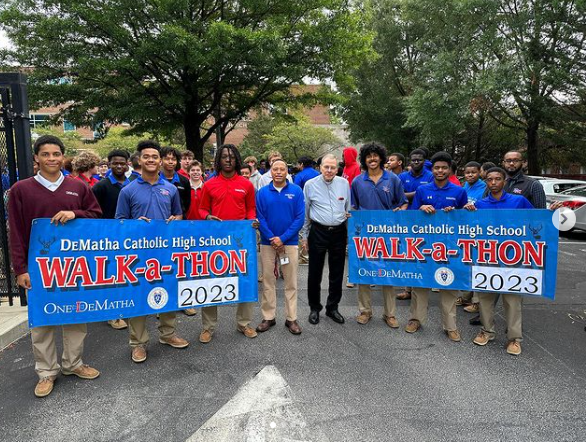

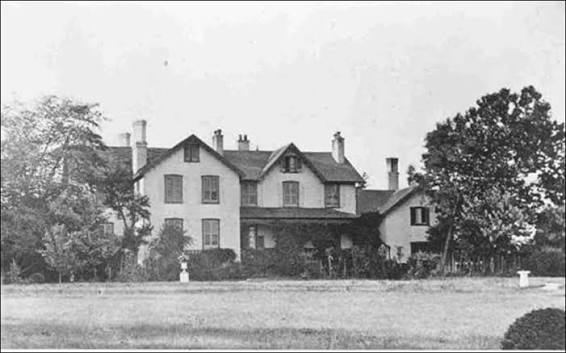
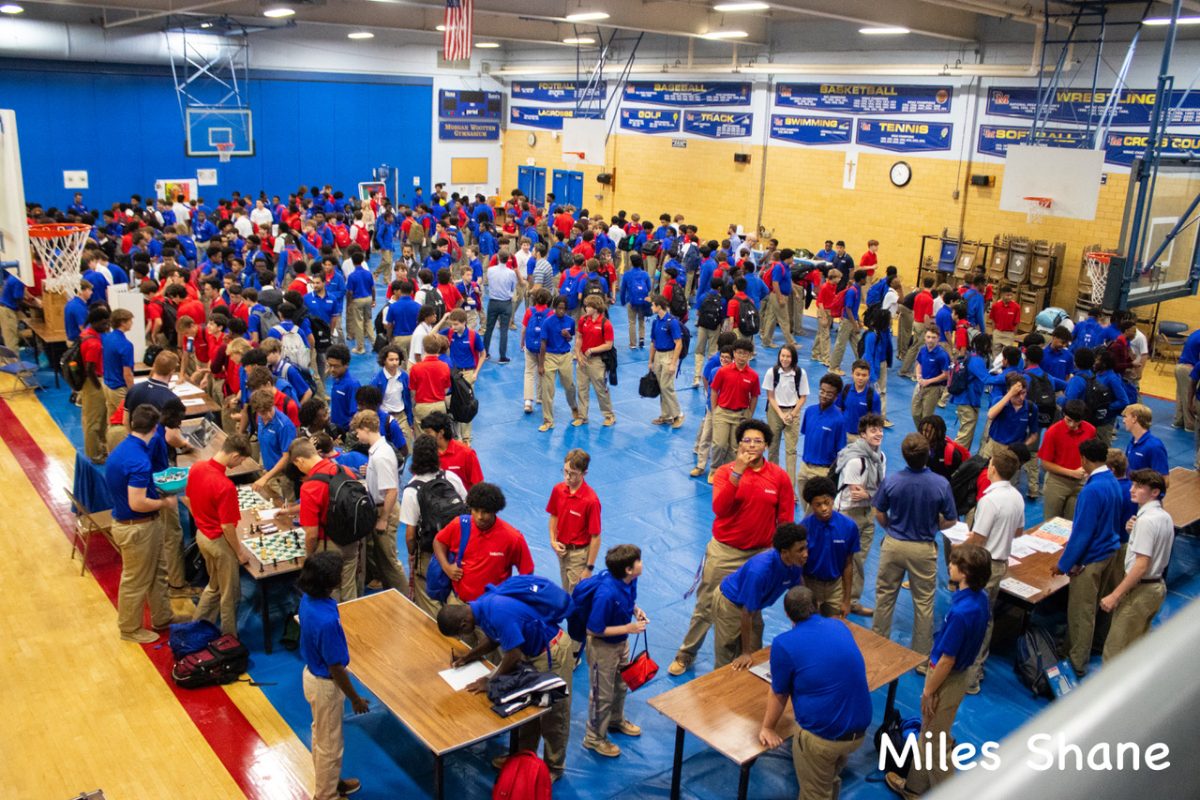
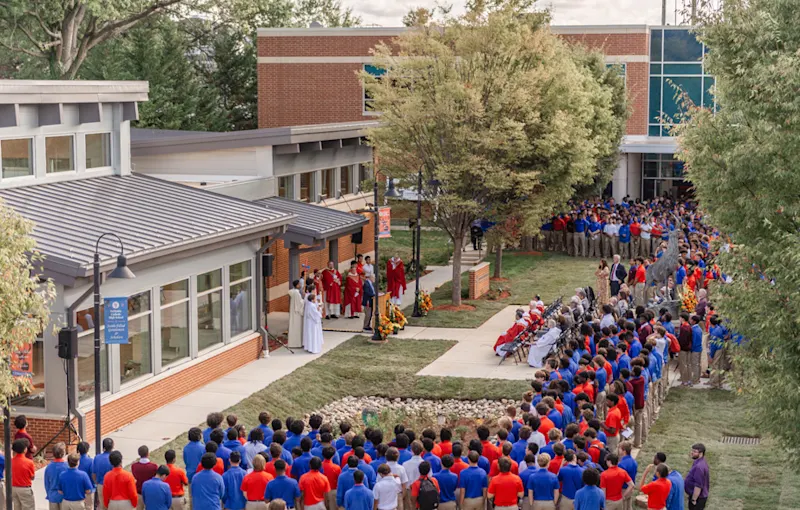
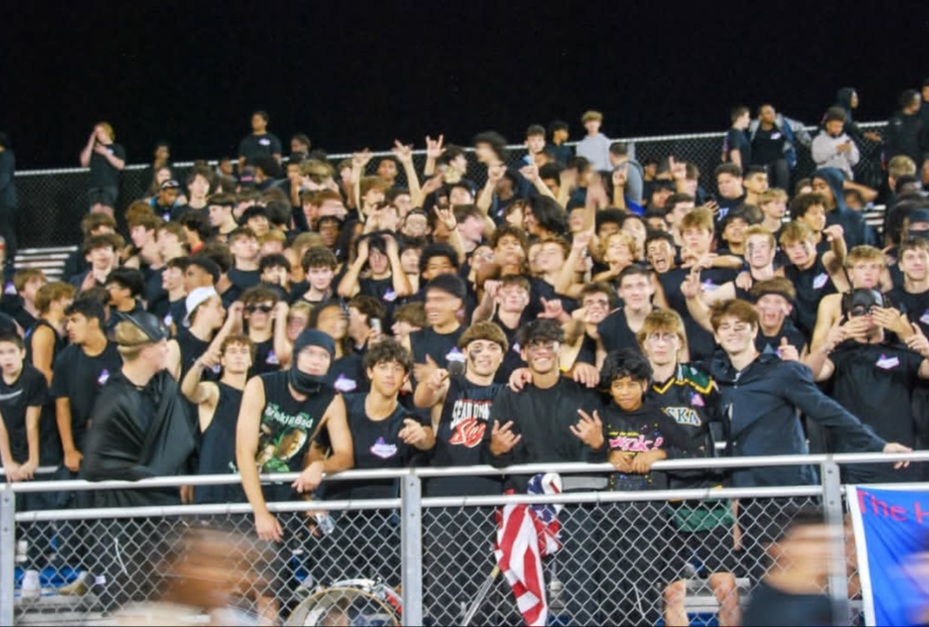
![DeMatha Catholic [@DeMatha Catholic]. 2025, September, 19. Instagram.](https://demathastagline.com/wp-content/uploads/2025/09/IMG_3305.jpeg)

